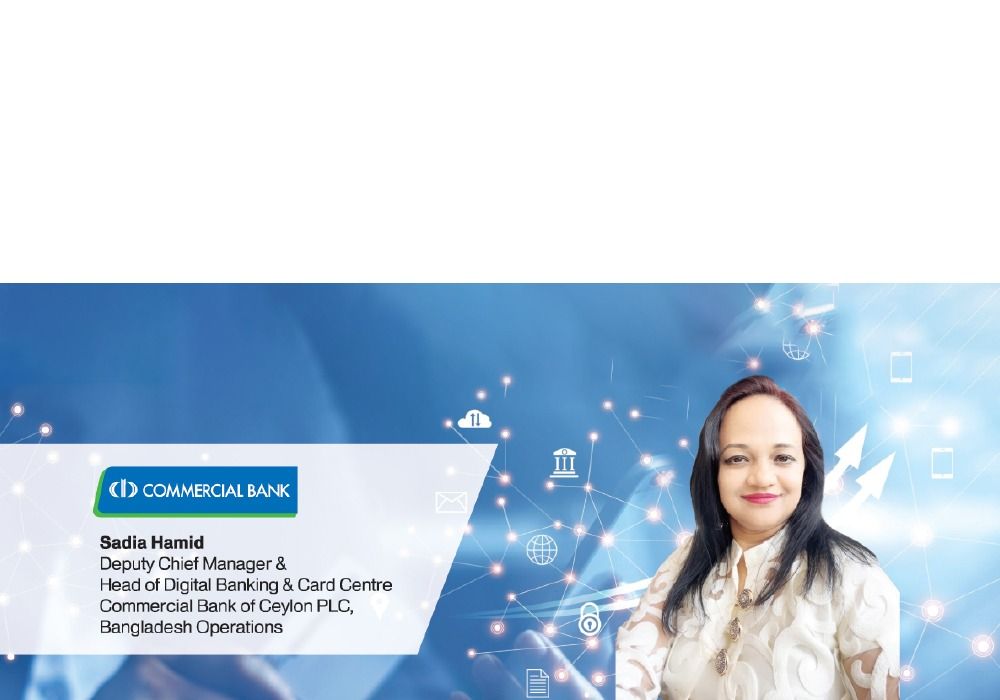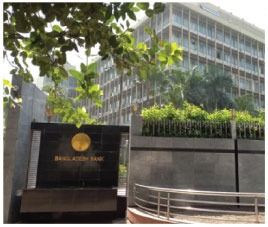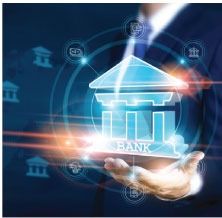- info@ficci.org.bd
- |
- +880248814801, +880248814802
- Contact Us
- |
- Become a Member
- |
- |
- |
- |
- |

A Cashless Bangladesh is not merely a digital trend; it is the strategic pivot of an entire nation, transforming its financial architecture to secure a future of sustainable growth and prosperity. This journey, while ambitious, is marked by a dynamic interplay of regulatory vision, market innovation, and strategic recalibrations that are positioning Bangladesh as a leader in the global digital economy.
 The Regulatory Crucible: A Visionary and Adaptive Central Bank
The Regulatory Crucible: A Visionary and Adaptive Central Bank
Bangladesh's financial ecosystem is entering a defining inflection point, advancing decisively from a cash-centric economy to a digitally empowered, cashless future. This transformation is not merely transactional-it is a national economic imperative that accelerates growth, deepens financial transparency, and reinforces long-term sustainability. At the core of this transformation is Bangladesh Bank, the central regulator, whose proactive and adaptive leadership has been instrumental in modernizing the nation's payment ecosystem. Commercial Bank of Ceylon PLC-Bangladesh Operations, has positioned itself as a key player in this ecosystem, consistently innovating and adapting digital solutions to strengthen inclusion and sustainability.
At the macro level, digital finance enhances GDP growth, inflation stability, and investment flows while supporting national goals of inclusive growth and sustainability.
Bangladesh Bank has played a pivotal role in driving the country's digital transformation by modernizing the payment ecosystem. As of now, Bangladesh Bank is accelerating digital finance transformation by expanding its Bangla QR code standard, now deployed by 42 banks, 7 MFS providers, and 3 PSPs for seamless, low-cost retail payments, with mandates to ensure universal adoption across banks and other financial institutions. The central bank is also instituting MFS interoperability, enabling seamless transfers between MFS providers and banks, a system expected to launch imminently. It has significantly advanced financial inclusion by expanding agent banking, introducing no-frill accounts and school banking initiatives, and rolling out digital nano loans to empower rural communities and women entrepreneurs. At the same time, regulatory innovations such as e-KYC, the establishment of a Credit Registry and Collateral Registry, and the launch of TakaPay, the country's first national card, have strengthened trust, security, and interoperability, positioning Bangladesh Bank as a central enabler of the nation's digital financial ecosystem.
 Commercial Banks: Catalysts of a Cashless Bangladesh
Commercial Banks: Catalysts of a Cashless Bangladesh
The broader market confirms the accelerating adoption of digital finance. According to the available sources from Bangladesh Bank reports, the data reflects a sustained surge in internet banking, with account penetration rising from 25.36% in December 2019 to 43.82% by March 2025, a clear testament to the sector's accelerating digital adoption and the expanding trust of customers in online banking. In parallel, agent banking having 24 million accounts till June, 2025 continued its expansion, with 30 scheduled banks operating 20,557 active outlets through 15,373 agents, of which 83.97% were in rural areas; during the second quarter of 2025, these outlets handled around 27.21 million transactions worth BDT 1,436.9 billion, including BDT 77.6 billion in remittances, representing 7.9% of total inward flows. Mobile Financial Services (MFS) also showed robust growth, recording 239.24 million registered accounts by February 2025, alongside a 6.2% month-on-month rise in daily transactions, underscoring consumer confidence in mobile platforms. However, this had slowed down in second quarter 2025. Meanwhile, in the payments and card ecosystem, the issuance of debit, credit, and prepaid cards rose by 140%, while transaction volumes increased 228% over the past five years, signaling the accelerating transition toward cashless commerce. Collectively, these developments highlight how commercial banks, under Bangladesh Bank's guidance, are extending digital infrastructure nationwide, embedding financial access from urban centers to rural communities, and reinforcing trust, transparency, and financial inclusion.

Corporate Digitalization: Connecting to the Global Economy
Bangladesh's digital infrastructure is driving momentum in trade and investment, embedding digital finance at the core of the corporate ecosystem through advanced payment and integration technologies. With BD-RTGS, Nikash-BEFTN, and API-driven ERP connectivity, companies can move funds seamlessly, SMEs gain faster access to finance, and exporters compete more effectively in global markets. By reducing risks, ensuring transparency, and aligning with global standards, we are positioning Bangladesh's financial sector as a resilient, efficient, and future-ready platform for sustainable trade and investment.
This transformation is not theoretical, it is reflected in the scale of digital settlements. Bangladesh Bank reports that the BD-RTGS platform alone processed transactions worth over BDT 50 trillion in 2024, with an additional BDT 18.7 trillion settled in just the first four months of 2025. Beyond local currency, RTGS is also evolving into a multi-currency settlement hub, handling billions of dollars in USD flows and, for the first time, facilitating settlements in euro and yuan.
At a macro level, these developments demonstrate how Bangladesh's financial sector is steadily aligning with global standards of efficiency, transparency, and resilience. By accelerating digital adoption across corporates, SMES, and trade networks, the country is positioning itself not only as a regional growth engine but also as an active participant in the global digital economy.





